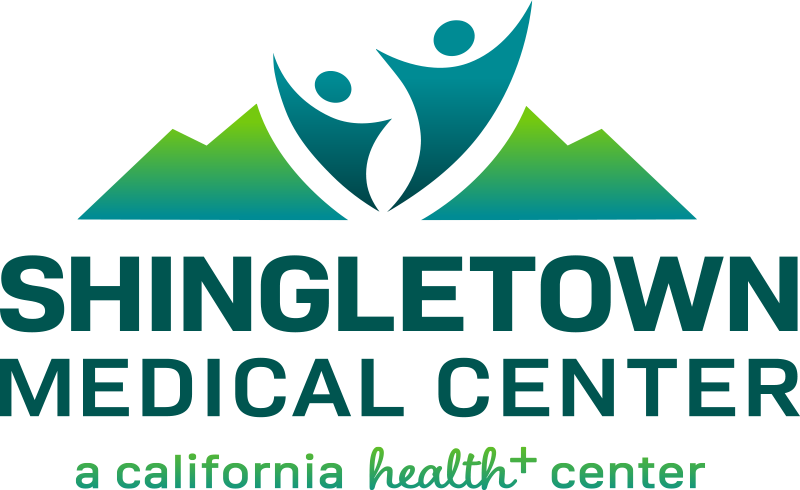Foods to Help Boost Your Memory
During the month of March the Shingletown Medical Center will be sharing information regarding National Nutrition Month®, which is when the Academy of Nutrition and Dietetics reminds everyone to return to the basics of healthy eating. If you're feeling forgetful it could be due to a lack of sleep or a number of other reasons, including genetics, level of physical activity and lifestyle and environmental factors. However, there's no doubt that diet plays a major role in brain health. The best menu for boosting memory and brain function encourages good blood flow to the brain, much like what you'd eat to nourish and protect your heart.
Eat your veggies
You're not likely to forget this message. Getting adequate vegetables, especially cruciferous ones including broccoli, cabbage and dark leafy greens, may help improve memory. Try a kale salad or substitute collard greens for a tortilla in your next sandwich wrap. Broccoli stir-fry is also an excellent option for lunch or dinner.
Be sweet on berries and cherries
Berries especially dark ones such as blackberries, blueberries and cherries are a rich source of anthocyanins and other flavonoids that may boost memory function. Enjoy a handful of berries for a snack, mixed into cereal or baked into an antioxidant-rich dessert. You can reap these benefits from fresh, frozen or dried berries and cherries.
Get adequate omega-3 fatty acids
Essential for good brain health, omega-3 fatty acids, docosahexaenoic acid (DHA) in particular, may help improve memory in healthy young adults. DHA is the most abundant fatty acid in the brain. It makes sense that if you have higher levels of DHA in the blood, then the brain will operate more efficiently. Seafood, algae and fatty fish, including salmon, blue fin tuna, sardines and herring are some of the best sources of omega-3 fatty acids. Substitute fish for meat a couple of times each week to get a healthy dose. Try salmon tacos with red cabbage slaw, snack on sardines or enjoy seared tuna on salad greens for dinner. If you don't eat fish, discuss other food options and supplementation with your doctor or registered dietitian nutritionist. You can get omega-3 fatty acids from fish oil, seaweed or microalgae supplements.
Work in walnuts
Well known for a positive impact on heart health, walnuts also may improve working memory. Snack on a handful of walnuts to satisfy midday hunger, add them to oatmeal or salad for crunch or mix them into a vegetable stir-fry for extra protein.
These foods are not just good for the brain, they sustain a healthy heart and all parts of the body. While there's no guarantee that these foods will help you remember where you put your keys tomorrow, over time they can support lifelong good health.
For more information please visit: http://www.eatright.org/
Shingletown Medical Center Board Members and Staff wish you a “Healthy” and “Happy” March!
